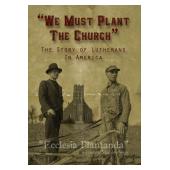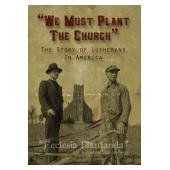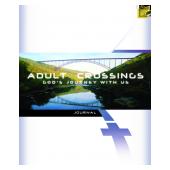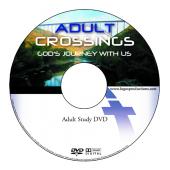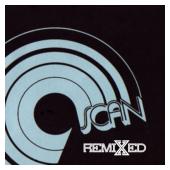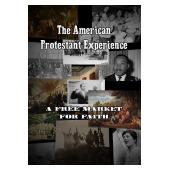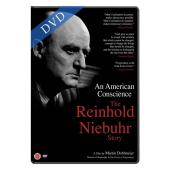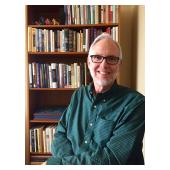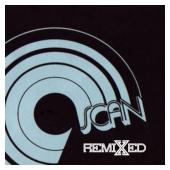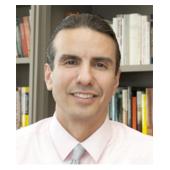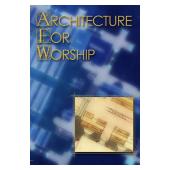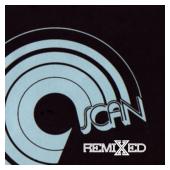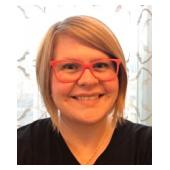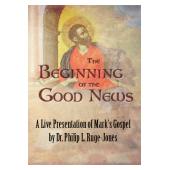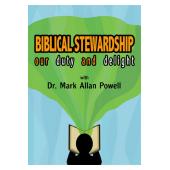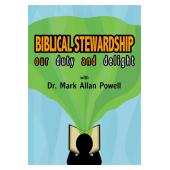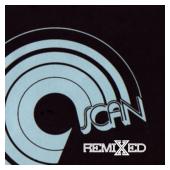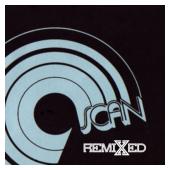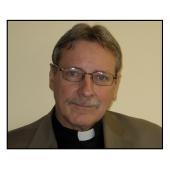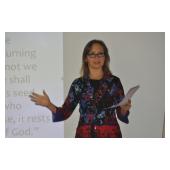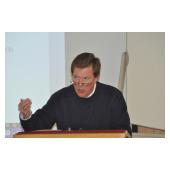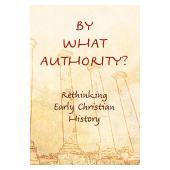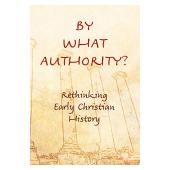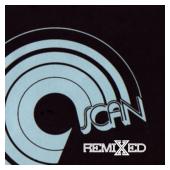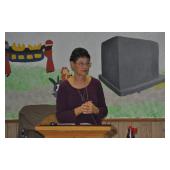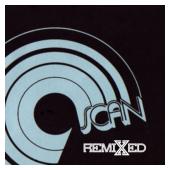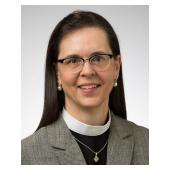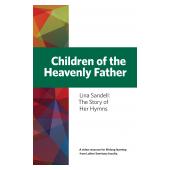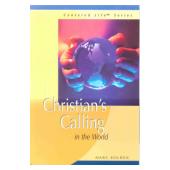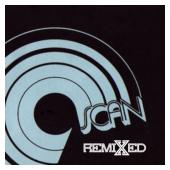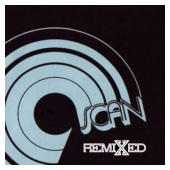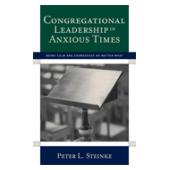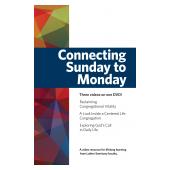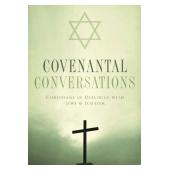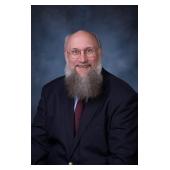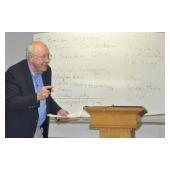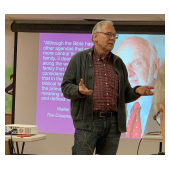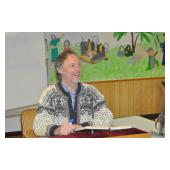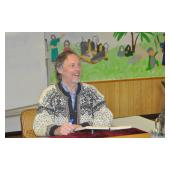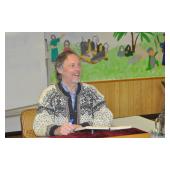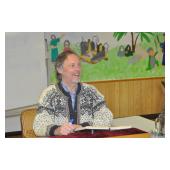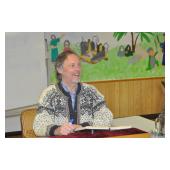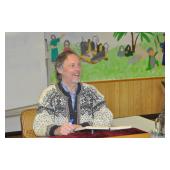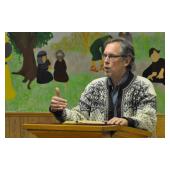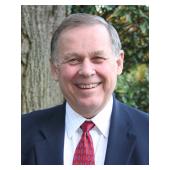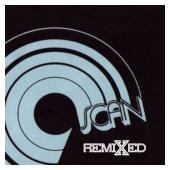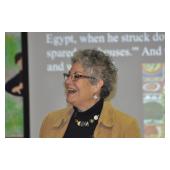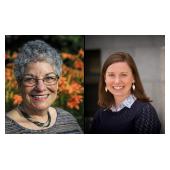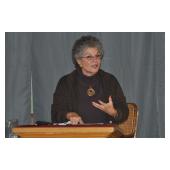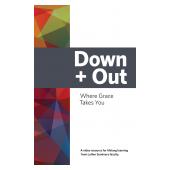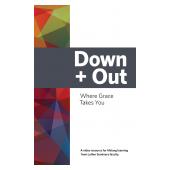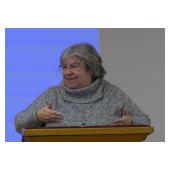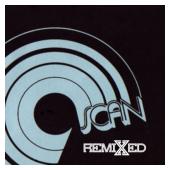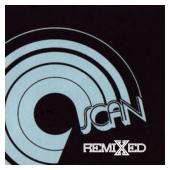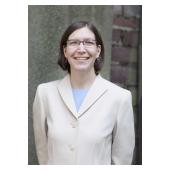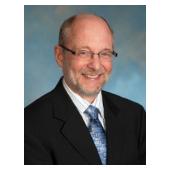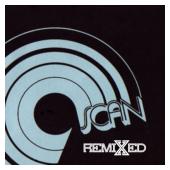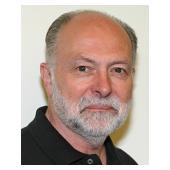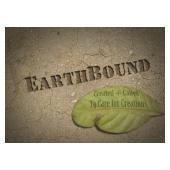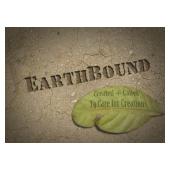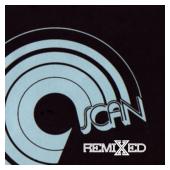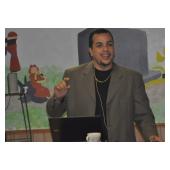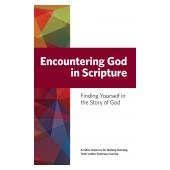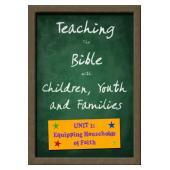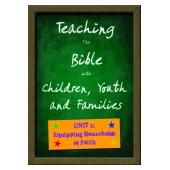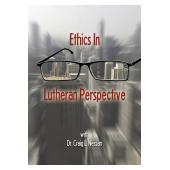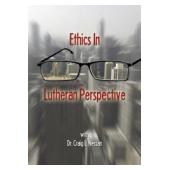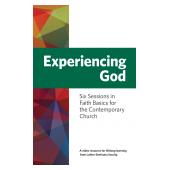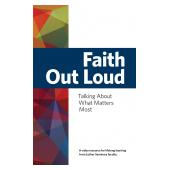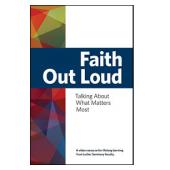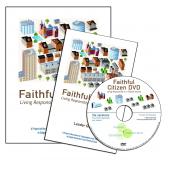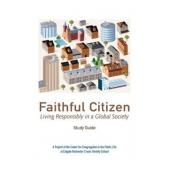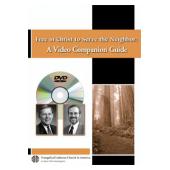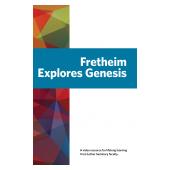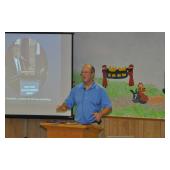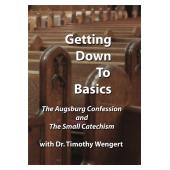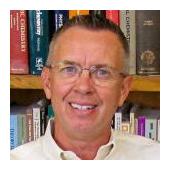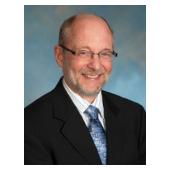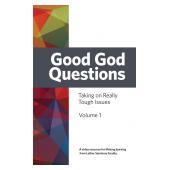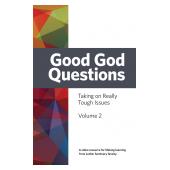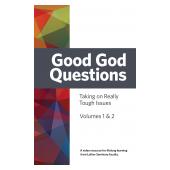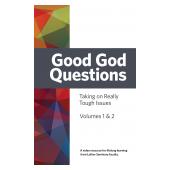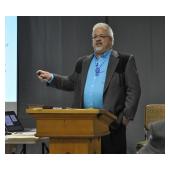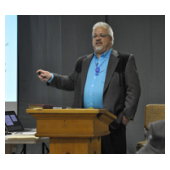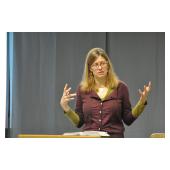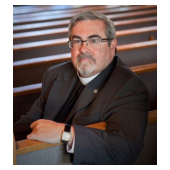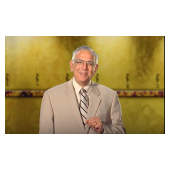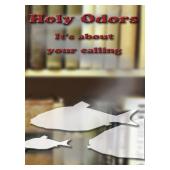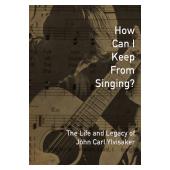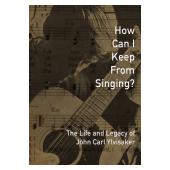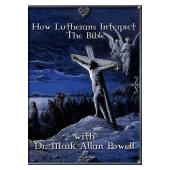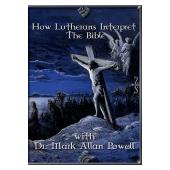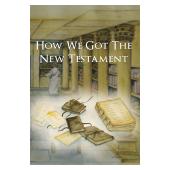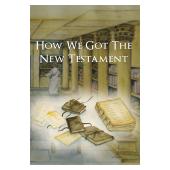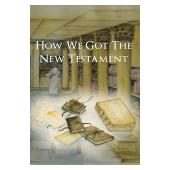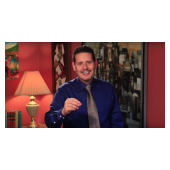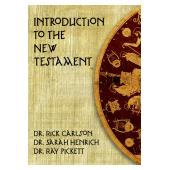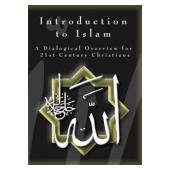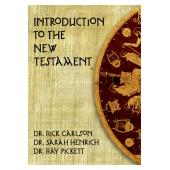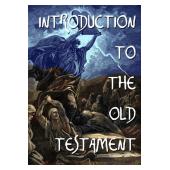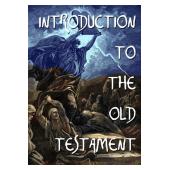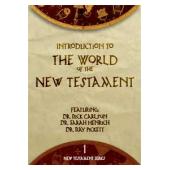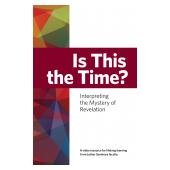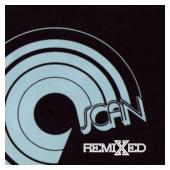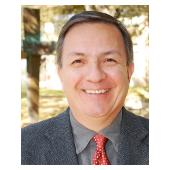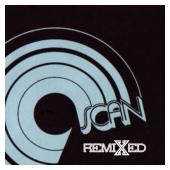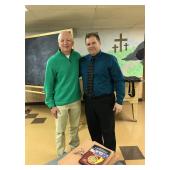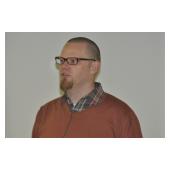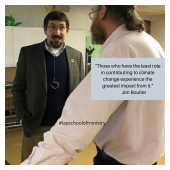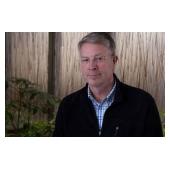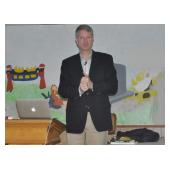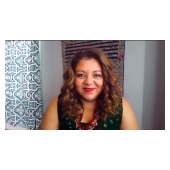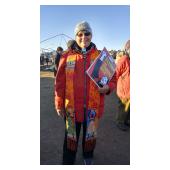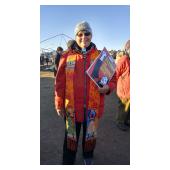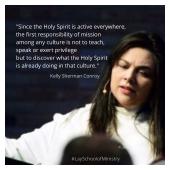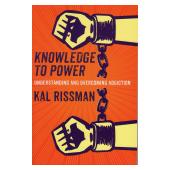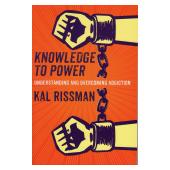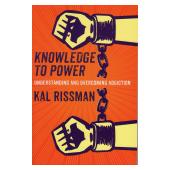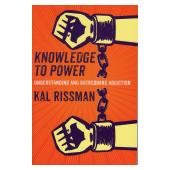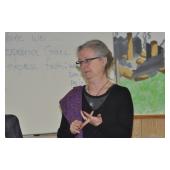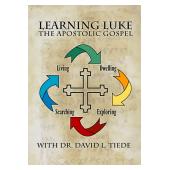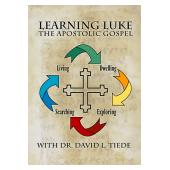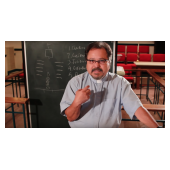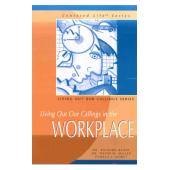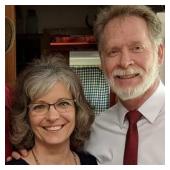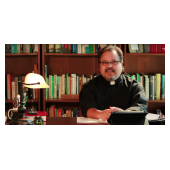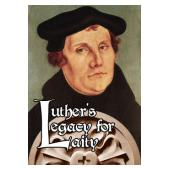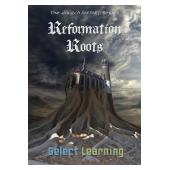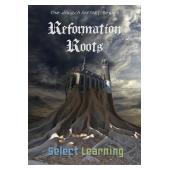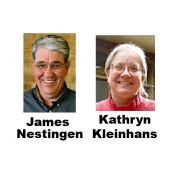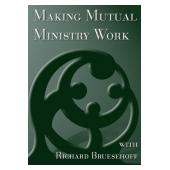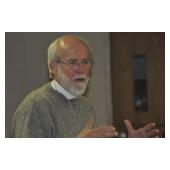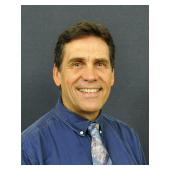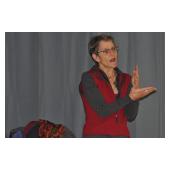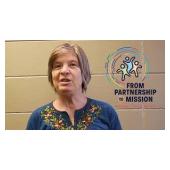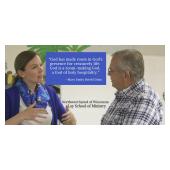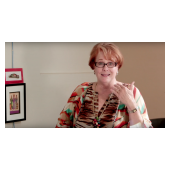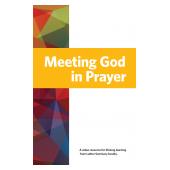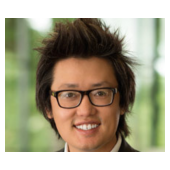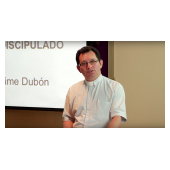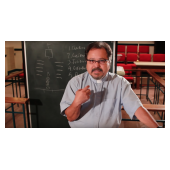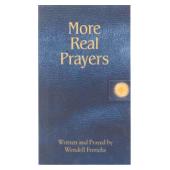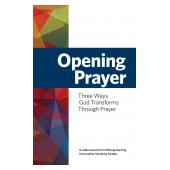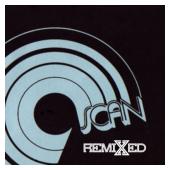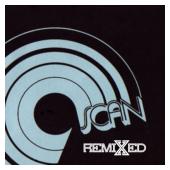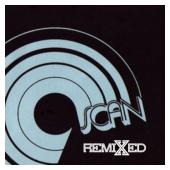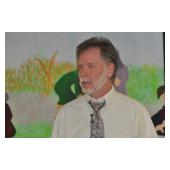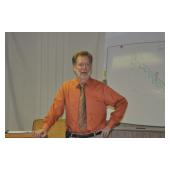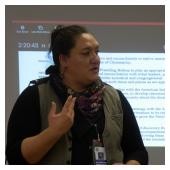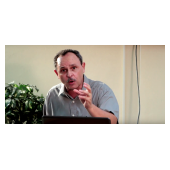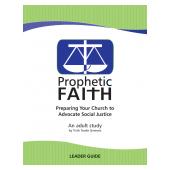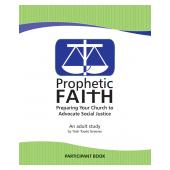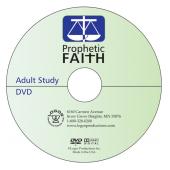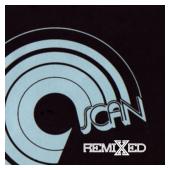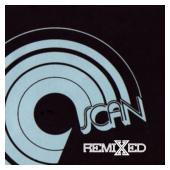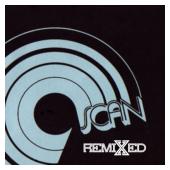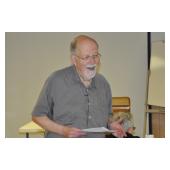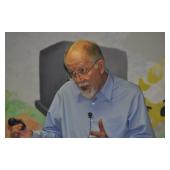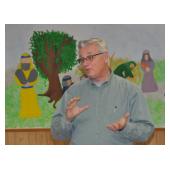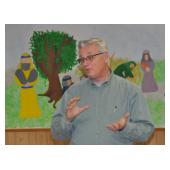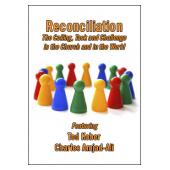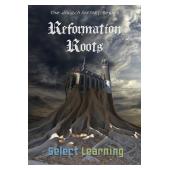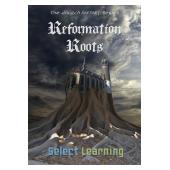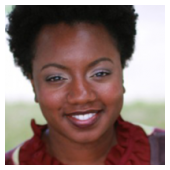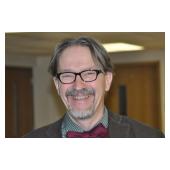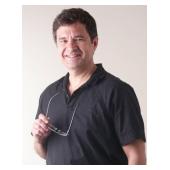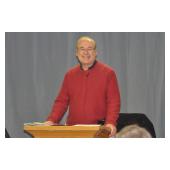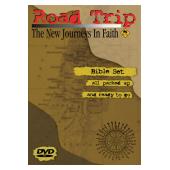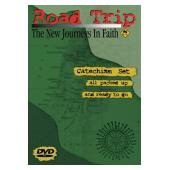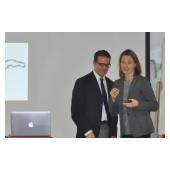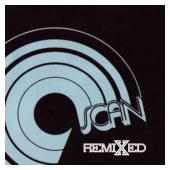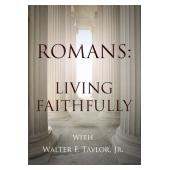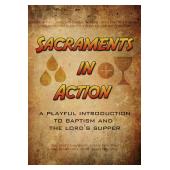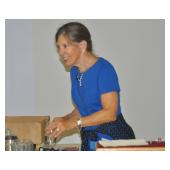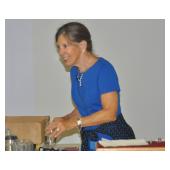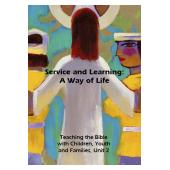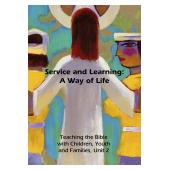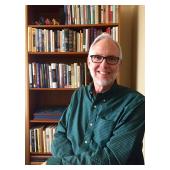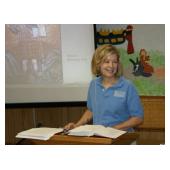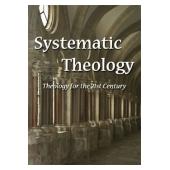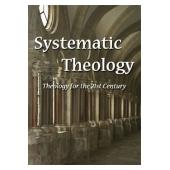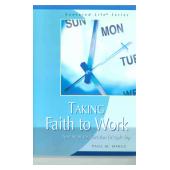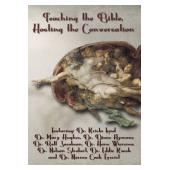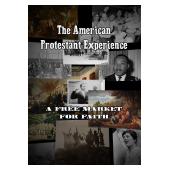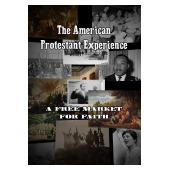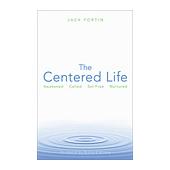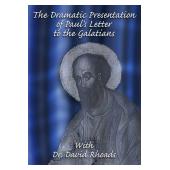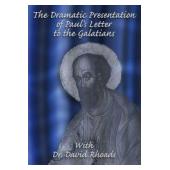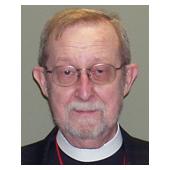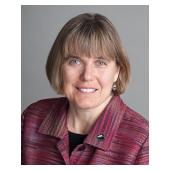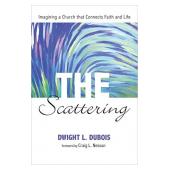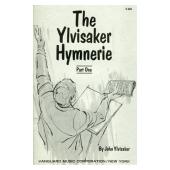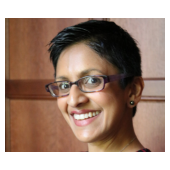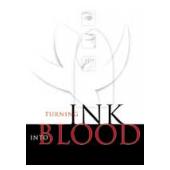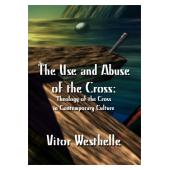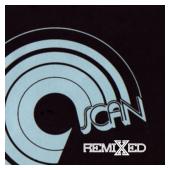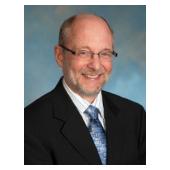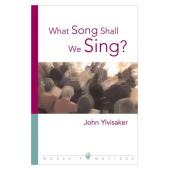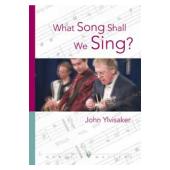Main menu
Lifelong Learning with Luther Seminary faculty
Podcasts of lectures from Luther Seminary faculty.
LSM 2020-2021
The continuing education program of the Northwest Synod of WI, ELCA.
Biblical Welcome and Sojourning Saints:
Living into the 2019 ELCA Church Wide Assembly Decisions and Commemorations
Karen González
Justice, Compassion, and Truth in the Immigration Conversation
Writer, Speaker, Immigrant Advocate
Author of The God Who Sees
Javier Alanis
Immigration & the Image of Diosito/God, the Beloved: a Southwestern Perspective
Director/Associate Professor of Theology, Lutheran Seminary Program in the Southwest
Author of Dignity for the Foreigner: The Imago Dei from a Latino Lutheran Perspective
Richard Ward
Just Jesus or A Just Jesus: the Politics of Following Jesus
Professor of Homiletics and Worship at Phillips Theological Seminary
Author of Speaking of the Heart, and Speaking of the Holy
Aubrey Thonvold
Co-Creating a World without Outcasts, 10 Years Later
Executive Director of ReconcilingWorks
"ReconcilingWorks embodies, inspires, advocates &
organizes for the acceptance and full participation of people of all sexual orientations, gender identities, & gender expressions within the Lutheran communion..."
Mary Campbell with the AMMPARO Team
Being a Sanctuary Denomination
Program Director of AMMPARO
"AMMPARO is a holistic, whole church commitment by the ELCA, as a church in the world,
to accompany children today and in the future."
Michael Chan
Welcoming the Stranger: Legal and Prophet Witness from the Old Testament
Assistant Professor of Old Testament, Luther Seminary
Author of The City on a Hill and co-author of Exploring the Bible
Rhonda Hill
Living Out Liberation: Challenging Racism in the Church
Race & Faith
raceandfaith.org
Tuhina Verma Rasche
Christian Hospitality in an Inter-Religious, Authentically Diverse World
Activist, artist, (un)intended disruptor
Blogger at medium.com/@tvrasche and thislutheranlife.blogspot.com/
Scan Remixed
Scan was a nationally syndicated radio program aired in the U.S. and around the world from 1975 to 1991. This program features first person stories of individuals who share their lived out wisdom. Scan in its original broadcast form used progressive rock music to amplify and support the stories. However, due to the expense of music licensing, these stories have been remixed using copyright free music.
The stories featured on Scan Remixed point to God’s activity in the world, creating hope, health, healing, justice, peace and growth. God’s work in our lives is often hidden and when we begin to remember those moments of insight, healing and growth, we can see God at work. Scan Remixed, like NPR’s “Story Corp” and “This American Life”, uses first person narrative to carry the content and the listener can listen for those themes that illuminate God’s activity.
Enjoy.
LSM Podcasts-2011-2012
Lutheran Answers to Real Questions
Carol Schersten Lahurd (LSTC)
Topic: What is the role of Lutheranism in a religiously pluralistic society? How should the ELCA relate to the varied Jewish traditions represented in the USA? What should our role be towards our Islamic neighbors? Should we work together with other faith traditions on social issues?
David Fredrickson (Luther Seminary)
Topic: What should the church say regarding the criminal justice system? Does the fact that the vast majority of people incarcerated are minorities go against our own Scriptural roots? Does criminalizing everything actually lead to a safer society? What should we say about rehabilitation of those who are incarcerated?
Eli Hernandez, Assistant Director for Outreach, Lutheran Immigration and Refugee Service
Topic: As an immigrant church, should Lutherans be a part of the national debate over immigration? Does the Biblical perspective on the “sojourner in our midst” help shape what Lutheran’s bring to the conversation? What has been our own history with immigration? Do we have an ethical perspective on the pressures that drive immigration, and the administrative bottlenecks that contribute to the rising tide of undocumented immigrants?
Gary Simpson (Luther Seminary)
Topic: Why should Lutherans care about the culture wars going on in our country? What is the vocation of the church in a polarized society? Should the church work for the common good of the society it finds itself in? Should the church be concerned about the growing economic inequality in the USA? How dangerous is the declining civic engagement and why should Lutherans care?
Jim Martin-Schramm (Luther College)
Topic: If heaven is our home, why should Lutherans care about ecological issues? Should we get involved in current scientific debates over cosmology, evolution or genetics? Does our Lutheran confessional heritage call us to care for the earth and what humans are doing to it? Do Lutherans offer a unique perspective in the debates over the interlocking problems of global warming, energy consumption, water availability and usage, and the loss of species?
Bishop Mark Hanson (ELCA Presiding Bishop)
Topic: What is the calling of the church, and what is the best way to organize it? As a church committed to becoming a more missional church, how should we be structured? Does the current structure of our ELCA make sense in the 21st century? What does the emerging church movement have to teach us?
Phil Ruge Jones - (Texas Lutheran University)
Topic: Why do Lutherans emphasize the theology of the cross so much? Doesn’t God want to bless us? Why do Lutherans reject the very popular “prosperity gospel” movements? Does the theology of the cross leave any room for a theology of glory? What difference does this actually make in our own lives of faith?
Ralph Klein (LSTC)
Topic: Why do so many people fight about how to interpret the Bible? What did Martin Luther think about the Bible? Do Lutherans believe “in the Bible?” What do Lutherans have to say about inerrancy, infallibility and authority? Does the Left Behind series fit with a Lutheran understanding of the Bible?
Susan McArver (Southern Seminary)
Topic: Why do Lutherans make such a big deal about our baptism? What do we mean when we say that all the baptized are called to live out their vocation in the world? What does ministry in daily life look like through the many stages of our lives?
LSM Podcasts-2012-2013
Book of Faith Meets Missional Church: How do Lutheran congregations, households and individuals become missional outposts in their own communities, as well as the world. This series considers key missional New Testament documents, and then confers with both theorists and practioners about how to put wheels on this train in our own households and congregations.
Craig Nessan (Academic Dean and Professor of Contextual Theology, Wartburg Seminary), Beyond Maintenance to Mission: A Theology of the Congregation
This course focused on key theological themes and practical directions for equipping the saints for the work of ministry, building up the body of Christ” (Ephesians 4 ). Worship is at the center of all congregational life. Yet many times we fail to grasp what God is seeking to make of us through the practices of worship. Jesus came to proclaim and embody the inbreaking of God’s kingdom. This selfsame kingdom is what God is making of us, the church, at worship in Word and sacrament. All “inner mission” and “outer mission” of the congregation derives from what we profess and enact at worship. This includes a comprehensive understanding of stewardship, the engagement in evangelizing, and the service of shalom for the mending of the world.
David Tiede (Past President of Luther Seminary and past Bernhard M. Christensen Professor of Religion and Vocation, Augsburg College), Apostolic Israel: How the Communities of Jesus were Scripturally Formed to Serve God’s Mission
The Bible is the Church’s Book of Faith, and every assembly of believers is a community of interpretation in its worship, witness, and action. These sessions explored how Jesus and his communities of followers heard God’s apostolic calling to them in Israel’s scriptures. The Holy Spirit is at work both in what is written and how you read the scriptures.
Diane Jacobson (Director of the Book of Faith Initiative)
Alive in Our Congregations: Living Into and Out of Our Book of Faith
One of the deep challenges we face is how to help Scripture come alive in our congregations, not just for ourselves, but also for the sake of God’s world. Many folks engaged in the Book of Faith Initiative have been meeting this challenge in creative ways that might help others do the same. In our time together we explored both the depth of the challenge we face and some of the many opportunities for deeper and broader engagement that lie before us.
Gordon Straw (Program Director, Lay Schools of Ministry, of the Congregational and Synodical Mission Unit of the ELCA) and Sue Eidahl from Zion - Stratford and Angele Fairbanks from Off the Grid in Ashland, Place, Memory, and the Search for God.
Marty Stortz (Bernhard M. Christensen Professor of Religion and Vocation, Augsburg College, Called by Blessing: The Beatitudes as Strategies for a Missional Church
Dr. Stortz looked with us at the Beatitudes in Matthew's gospel as a strategy for the mission church. We're called by blessing, which is itself kind of counter-cultural when you think about it. The beatitudes commission blessed disciples to be a blessing for others. Together they describe a church that is not tethered to place, but bound by practices. And the great thing about practices is that you take them with you.
Rick Rouse (Director of the Grand Canyon Synod Missional Leadership Academy), Healthy Leadership for God's Missional Church
Friday night we focused on missional leadership (with references to A Field Guide to the Missional Congregation) in two, one-hour sessions with conversation and on Saturday we looked at "the healing power of forgiveness" (with reference to Fire of Grace) in three, 45-minute sessions with conversation.
Stephen Bouman, (Executive Director of Congregational and Synodical Mission, ELCA)
Bishop Duane Pederson and Director of Evangelical Mission, Amy Odgren of the Northwest Synod of Wisconsin, The Biblical Roots and Current Reality of the ELCA as a Missional Church
This month's faculty made the case for a more missional orientation given our context and culture, stated the biblical imperative, provided some tools that folks could use with their own congregations, and provided examples as to what the missional church looks like synodically and nationally (successes/failures of those who have boldly stepped out in Christ’s name to witness to and serve neighbor as disciples, as individuals living out their baptismal vocations and as the community of faith.
LSM Podcasts-2013-2014
Practicing Discipleship
Terri Elton (Luther Seminary)
Session 1:Adaptive Leadership: Leading Change Being church in the 21st century requires leading adaptively.
Session 2-4: Faith Formation in a Missional Age This session will be an open discussion on the challenges we all face when doing ministry in this era. What are the challenges we are faced with? What is the opportunity?
Rozella White (ELCA Staff Young Adults)
Session 1: Towards a Theology of Accompaniment: Young Adult Ministry in the 21st Century Before you ask how to get young adults in your church, how about spending some time reflecting on who they are, where young adults spend their time and why young adults are NOT in the church.
Sessions 2-4: Walking Together in Solidarity: A Theology of Accompaniment The ministry of accompaniment is the sacred act of being in authentic relationship with others.
Colleen Windham-Hughes (California Lutheran U)
Session 1: “Mash-up Mission: faithfulness across generations"
Being church sends us to connect in creative ways with our neighbors and each other.
Sessions 2-4: In•cultur•ating the gospel The gospel is the good news for all people, in all places, at all times.
Susan Engh (Director for Congregation-based Organizing for the ELCA)
Session 1: "The Church in its Public Expression: A Continuum of Responses"
Explore the various ways that people and communities of faith respond to issues and opportunities in the public arena.
Session 2-4: One-To-One "Relational Meetings" and Six Practical Application The field of community organizing offers a great tool for building or deepening relationships within our congregations as well as in the broader community.
Jeremy Meyers (Augsburg College)
Session 1: Hearing the Call to the Public Square How do we become communities of faith deeply engaged in listening to our neighbor not only as an act of service but as as our primary method of faith formation & discipleship?
Sessions 2-4: Going Public These sessions will lay out some hands-on ways of leading your congregation into the public square as a method of forming faith while serving your community.
Nate Frambach (Wartburg Seminary)
Session 1: Living and Leading in Systems We will focus on systems thinking and some basic concepts in family systems theory to help us better understand human beings--both individually and collectively. We will consider the emotional and interpersonal dynamics between persons as a way of understanding congregations as systems.
Sessions 2-4: Theories of Culture: A New Agenda for Theology, Ministry, and Faith Formation How do we move beyond popular definitions to a deeper understanding of the notion of
culture for today?
Hans Wiersma (Augsburg College)
Session 1: Remembering The Wittenberg Door and More: Getting Ready for the 500th Anniversary of the Reformation
The 500th Anniversary of Martin Luther Posting the 95 Theses is just around the bend (on October 31, 2017, to be precise). In light of this, the Lay School of Ministry’s continuing education theme will be Luther-and-the-Reformation for the 2015-2016 year. This session will provide a preview of sorts by way of offering (1) an overview of the events that kicked off the Reformation 500 years ago, (2) reasons why Lutheran congregations (especially!) should begin planning now to observe this important event, (3) guidance for how to observe this important event, and (4) resources already available to help congregations in their planning for the 2017 observation.
Sessions 2-4: "When Necessary Use Words"? Verbum Dei Theology for Right Now Along with Scripture, we'll look at past and present resources from Lutheran and
other traditions to guide our investigation.
David Fredrickson (Luther Seminary)
Paul and Poetry
The self-emptying of Christ (kenosis) in Philippians 2 has long been the focus of attention by Christian theologians and interpreters of Paul's christology. Our own Dr. David Anderson, did his doctoral work on this topic! In our last two sessions of the year, Dr. Fredrickson will share with the class his ground breaking work connecting Paul’s theology with Sappho and Paulus Silentarius. Who are they you might ask? Sappho (of the 7th century BCE) and Paulus Silentiarius (of the 6th century CE) wrote about longing for communion. Sappho originated a number of love motifs that Paulus Silentiarius incorporates. We will be amazed to discover that Paul the Apostle utilized the poetic language of Sappho as he tried to describe the saving work of Christ! We will ask what difference poetic imagination makes for Christian theology then and now. What does it mean to be a disciple of a savior who emptied himself and took on the form of a servant?
Multiple Missional Strategies In the last two sessions of this course, we'll look at the varied NT responses to engaging the culture. Luke, John and Paul each have distinctive approaches to the way in which the Christian communities should interact with the Greco Roman world they found themselves in. The 21st century world is equally complex. Join me in mining these different missional approaches and discover how they challenge our basic assumptions and offer bold, new directions for engaging the world.
LSM Podcasts-2014-2015
Torah
Chip Bouzard, Wartburg College - Torah Introduction and Genesis 1-11
Esther Menn, Lutheran School of Theology Chicago - Genesis 12-50, Ancestor Stories
Richard Swanson, Augustana College - Reforming the Torah
Carl Heidel, Northwest Synod of Wisconsin - The Dead Sea Scrolls and our Understanding of It
Diane Jacobson, Luther Seminary - Exodus 1-20 & Commandments
Kathryn Schifferdecker, Luther Seminary - Leviticus: Holiness Codes/Law/Land
Brian Jones, Wartburg College - Law codes, Prophets and Peace
Ann Fritschel, Wartburg Seminary - Leadership and community in the Wilderness
Ralph Klein, Lutheran School of Theology - Deuteronomy
LSM Podcasts 2015-2016
LSM podcasts 2015-16
Why the 500th Anniversary of the Reformation Still Matters
Kit Kleinhans, Wartburg College, “Reformation: Why and How? An Introduction”
Martin Lohrmann, Wartburg Seminary, “Reformers Working Together: The Collegial Side of the Lutheran Reformation”
Wanda Deifelt, Luther College, “Art and the Reformation”
Robert and Victoria Christman, Luther College, “The Reformation and the Common Folk (Germany and the Low Countries)”
Phil Ruge-Jones, Texas Lutheran University, "Luther and the Word"
Darrell Jodock, St. Olaf, "500 Years of Interpreting and Reinterpreting Luther."
L. DeAne Lagerquist, St. Olaf, “Global Legacy of the Reformation”
Brooks Schramm & Kirsi Stjerna, Gettysburg/PLTS, “Luther and the Jews"
Ralph Klein, Lutheran School of Theology in Chicago, “Rare Books, Reformation Medallions and Luther”
LSM 2016-2017
The Book of Acts
Sept 9/10 Sarah Henrich/Luther Seminary
"Restore the kingdom to Israel?" (Acts 1:6): What were they thinking?
Oct 7/8 Sarah Henrich/Luther Seminary
"The Gentiles who turn to God" (15:19):Who were these folks and what did they bring to their new communities?
Nov 11/12 David Fredrickson/Luther Seminary
The Two Pauls: The Book of Acts Versus the Letters of Paul
Dec 9/10 David Fredrickson/Luther Seminary
Session two deals with the meaning of religion (1 Corinthians 1-2 and Acts 17)
2017
Jan 13/14 David Fredrickson/Luther Seminary
Session three examines attitudes toward the religion of others (1 Corinthians 8; Acts 14:8-18).
Feb 10/11 David Fredrickson/Luther Seminary
Session four looks at gender (Philippians 3-4 and Acts 16:11-15).
Mar 10/11 David Fredrickson/Luther Seminary
Session five treats Judaism (Romans 9-11; Acts 13-15).
April 7/8 Ray Picket/Lutheran School of Theology at Chicago
“But you will receive power when the Holy Spirit has come upon you” (Acts 1:8): How is the Spirit at Work in the World Today?
May 12/13 Ray Picket/Lutheran School of Theology at Chicago
“These people who have been turning the world upside down” (Acts 17:6): How do we Witness to the Resurrection of Jesus?
LSM 2017-2018
2017-18 LSM Cont Ed Faculty/Topics
We have repudiated the Doctrine of Discovery.
Now what?
Two years ago, the Lay School Board (LSM) began planning our continuing education theme for the 2017-18 academic year.
“We Repudiated the Doctrine of Discovery. What's Next?” Our synod (made up of 199 congregations) was one of the 18 synods that passed this resolution and memorialized the Evangelical Lutheran Church in America (ELCA) to do the same
this August, which it did! It is one thing to pass a resolution. It is another thing altogether to live into it.
Our LSM board is taking the four resolves of this assembly resolution seriously (they call for study and engagement). We are planning an entire year of work, led by American Indian and other scholars, including time spent in American Indian nations in our synod listening to elders. Representatives of the LSM board, and members of our synod’s SWO Racial Justice Advocates, went to Chicago to meet at our church-wide office with Gordon Straw, Prairie Rose Seminole and Inez Torres Davis. Our goal was to map out what 9 sessions, 6 hours each, would look like. We wanted to hear from the three of them what should be covered and how it should be experienced.
September 8/9 - Session 1: Doctrine of Discovery/history of colonization in the world and role of the church.
Dr. Anton Treuer (pronounced troy-er) is Professor of Ojibwa at Bemidji State University and authour of 14 books, including Everytihng You Wanted to Know About Indians But Were Afraid to Ask. His equity, educaton and cultural works has put him on a path of service throughout the region, country and the world.
Session 1 The Anatomy of Oppression: The Doctrine of Discovery
Session 2 Supreme Law of the Land: Indian Treaties from the Revolution to Standing Rock
October 13/14 - Session 2: Biblical and Confessional basis from which all of these conversations flow – why this is not optional for Lutherans!
The Rev. Dr. R. Guy Erwin was elected bishop of the Southwest California Synod in 2013. He is the first Native American to be elected bishop in the Evangelical Lutheran Church in America as well as the first openly gay person to serve as an ELCA bishop. Bishop Erwin is a member of the Osage Nation. After earning a PhD from Yale University, he was Lecturer in Church History in the Yale Divinity School (YDS) where he taught History of Western Christianity as well as courses on Martin Luther, the Pietists and other specialties. He taught at California Lutheran University from 2000 until his election as bishop.
November 10/11 - Session 3: History of the Indian Nations of Wisconsin, Act 31, the view from a Wisconsin public school classroom & stories of real interaction with tribes – Jeff Ryan
December 8/9 - Session 4: History of Federal Law relating to Native Americans (which of course includes Treaties), including conversation about whatever is current on this topic, like Standing Rock is now – with Gordon Straw: “The Nations Within: The Legal Context for Ministry Within Tribal Communities”
January 12/13 & February 9/10 - Sessions 5 & 6: White privilege/racial justice training. Karen Ressel, Pine Ridge
Reservation. Karen will also share personal stories from her work at Pine Ridge and Africa.
March 9/10 & April 13/14 - Sessions 7 & 8: Field Trips to different reservations in our synod. (Small groups divided by conference clusters.
May 11/12 - Session 9: Review, Wrap-up and Planning for the future. Prairie Rose Seminole.
Pages
|
$64.95
|
$53.95
|
$34.95
|
$14.95
|
|
$110.00
|
$0.00
|
$126.00
|
$250.00
|
|
$19.95
|
$75.00
|
$0.00
|
$0.00
|
|
$0.00
|
$19.95
|
$0.00
|
$0.00
|
|
$0.00
|
$39.95
|
$0.00
|
$34.95
|
|
$35.00
|
$49.95
|
$38.95
|
$0.00
|
|
$0.00
|
$0.00
|
$0.00
|
$0.00
|
|
$0.00
|
$0.00
|
$74.95
|
$60.95
|
|
$0.00
|
$0.00
|
$0.00
|
$0.00
|
|
$19.95
|
$0.00
|
$6.75
|
$0.00
|
|
$0.00
|
$0.00
|
$18.00
|
$39.95
|
|
$49.95
|
$0.00
|
$0.00
|
$0.00
|
|
$0.00
|
$0.00
|
$0.00
|
$0.00
|
|
$0.00
|
$0.00
|
$0.00
|
$0.00
|
|
$0.00
|
$0.00
|
$0.00
|
$0.00
|
|
$0.00
|
$0.00
|
$90.00
|
$64.95
|
|
$54.95
|
$0.00
|
$0.00
|
$0.00
|
|
$0.00
|
$0.00
|
$0.00
|
$39.95
|
|
$69.95
|
$55.95
|
$0.00
|
$0.00
|
|
$0.00
|
$69.95
|
$39.95
|
$25.95
|
|
$0.00
|
$179.95
|
$300.00
|
$39.95
|
|
$15.00
|
$15.00
|
$20.00
|
$84.95
|
|
$59.95
|
$44.95
|
$55.71
|
$16.95
|
|
$15.95
|
$360.00
|
$24.95
|
$89.95
|
|
$134.95
|
$250.00
|
$0.00
|
$179.95
|
|
$250.00
|
$0.00
|
$49.95
|
$62.00
|
|
$34.95
|
$34.95
|
$49.95
|
$35.95
|
|
$0.00
|
$0.00
|
$0.00
|
$0.00
|
|
$0.00
|
$0.00
|
$39.95
|
$29.95
|
|
$19.95
|
$40.00
|
$9.95
|
$44.95
|
|
$30.95
|
$49.95
|
$38.95
|
$38.95
|
|
$0.00
|
$179.95
|
$60.00
|
$59.95
|
|
$250.00
|
$179.95
|
$250.00
|
$29.95
|
|
$30.00
|
$69.95
|
$0.00
|
$0.00
|
|
$0.00
|
$0.00
|
$0.00
|
$0.00
|
|
$0.00
|
$0.00
|
$0.00
|
$0.00
|
|
$0.00
|
$0.00
|
$0.00
|
$0.00
|
|
$79.95
|
$79.95
|
$54.95
|
$54.95
|
|
$0.00
|
$89.95
|
$75.95
|
$24.95
|
|
$0.00
|
$5.96
|
$0.00
|
$0.00
|
|
$29.95
|
$65.00
|
$74.95
|
$360.00
|
|
$250.00
|
$155.00
|
$19.95
|
$0.00
|
|
$0.00
|
$24.95
|
$0.00
|
$0.00
|
|
$0.00
|
$0.00
|
$0.00
|
$34.95
|
|
$0.00
|
$0.00
|
$0.00
|
$15.00
|
|
$5.96
|
$0.00
|
$34.95
|
$0.00
|
|
$0.00
|
$15.00
|
$0.00
|
$0.00
|
|
$0.00
|
$0.00
|
$13.23
|
$0.00
|
|
$75.00
|
$0.00
|
$29.95
|
$9.95
|
|
$89.59
|
$0.00
|
$0.00
|
$0.00
|
|
$0.00
|
$0.00
|
$0.00
|
$0.00
|
|
$0.00
|
$39.95
|
$74.95
|
$56.95
|
|
$15.00
|
$0.00
|
$0.00
|
$0.00
|
|
$0.00
|
$49.95
|
$49.95
|
$0.00
|
|
$0.00
|
$89.95
|
$0.00
|
$24.95
|
|
$0.00
|
$0.00
|
$39.95
|
$25.95
|
|
$29.00
|
$30.00
|
$75.00
|
$29.95
|
|
$0.00
|
$0.00
|
$396.00
|
$286.00
|
|
$179.95
|
$9.50
|
$210.00
|
$89.95
|
|
$0.00
|
$74.95
|
$60.95
|
$20.00
|
|
$7.49
|
$25.00
|
$39.95
|
$39.95
|
|
$28.95
|
$19.95
|
$29.95
|
$24.95
|
|
$22.00
|
$22.00
|
$20.00
|
$3.00
|
|
$10.00
|
$0.00
|
$59.95
|
$40.00
|
|
$0.00
|
$0.00
|
$44.95
|
$5.95
|
|
$15.95
|
$19.95
|
Pages
Questions & Comments
If you have further questions or comments about Select Learning theological materials, please contact:
Jodi Hanson
jodi@selectlearning.org
NOTE: Please include your church name and address. Thank you.
Newsletter Signup
Address
1068 Summit Avenue
South St. Paul, MN 55075
P: 877.675.6275
E: info@selectlearning.org

